In 2023, Vietnam will rank 59th out of 193 countries in the world and 5th out of 10 in ASEAN in terms of exploiting artificial intelligence applications for operations and service provision. This raises the urgent issue of building and perfecting policies and laws on artificial intelligence in Vietnam.
This is the sharing of Professor Phan Trung Ly, member of the Central Theoretical Council, former Chairman of the Law Committee of the National Assembly, Vice Chairman of the Science and Training Council of Saigon International University at the seminar "Law on artificial intelligence" organized by Saigon International University this morning, January 4.
The workshop is part of the series of activities of the SIU Prize International Workshop Week and the SIU Prize Computer Science 2024 award ceremony from January 4-11, attracting nearly 20 presentations from experts and scientists.
What is the law on artificial intelligence in the world?
According to the assessment results and announcement in the Government 's Artificial Intelligence (AI) Readiness Index report conducted by Oxford Insight in 2023, Vietnam ranked 59th out of 193 countries in the world, ranked 5th out of 10 in ASEAN in exploiting AI applications for operations and service provision, up 1 place compared to 2022.
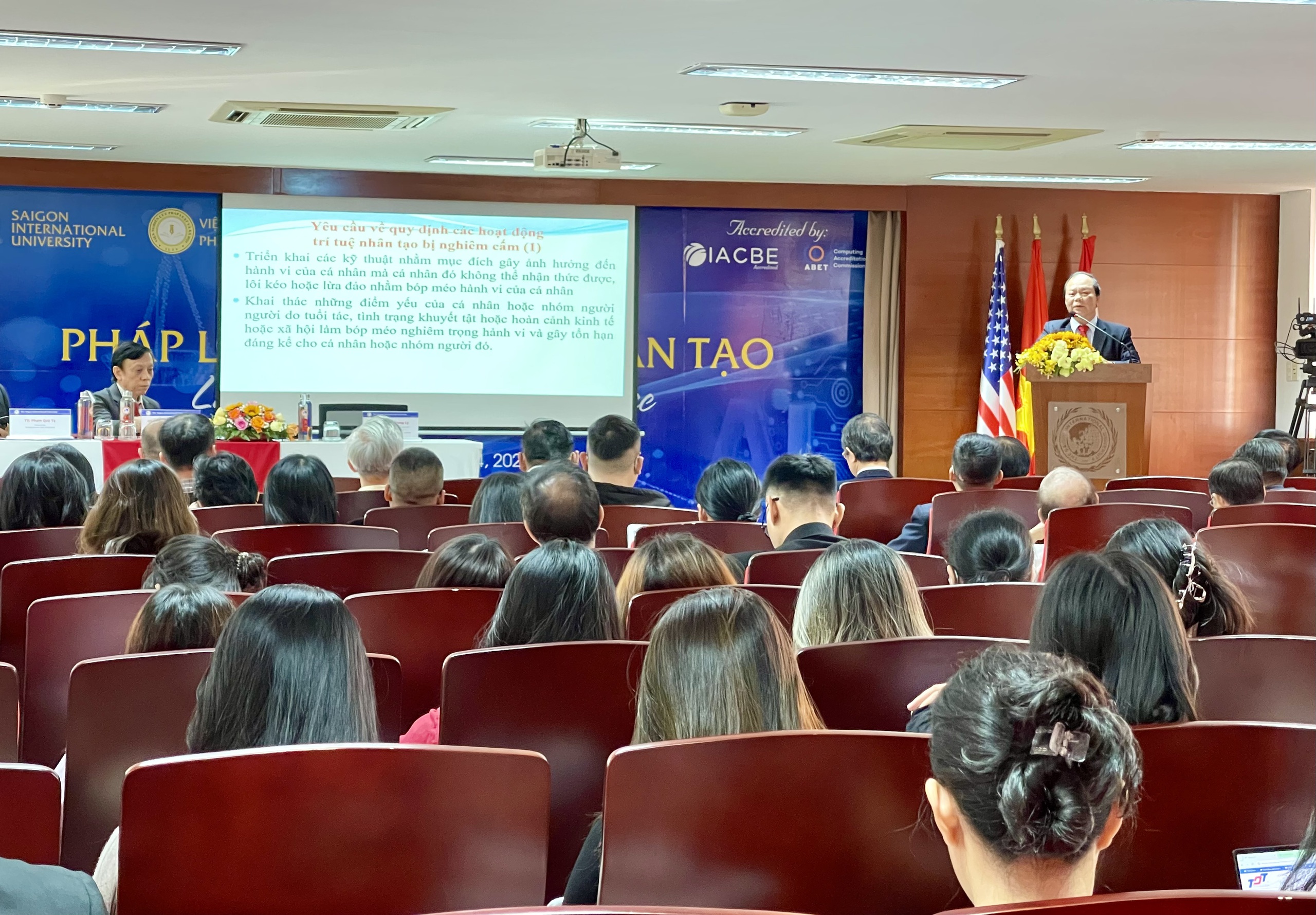
Experts at the Legal Workshop on Artificial Intelligence
"In addition to the great benefits, the development of AI has also raised deep concerns about potential risks from ethical, social and legal aspects. The most worrying thing is that AI is increasingly being used to commit illegal and criminal acts," said Professor Phan Trung Ly.
Besides, the development of AI has also had negative impacts, affecting the legitimate and legal rights of people, such as privacy, personal data protection, employment...
Therefore, according to Mr. Ly, the development and completion of policies and laws on AI in Vietnam is urgent, aiming to manage AI to promote positive factors, while minimizing negative impacts from the application of this technology.
Professor Phan Trung Ly cited the world, the United Nations General Assembly Resolution on March 21, 2024, the first global resolution on AI to call on countries to join hands to protect human rights, protect personal data and control potential risks from this technology.
On October 30, 2023, the US President's executive branch also issued an executive order on the development and use of safe, secure, and trustworthy AI. This executive order emphasizes the need to develop AI responsibly, focusing on areas such as personal data, nuclear, and biological.
"The European Union Law of February 2024 on AI has been passed by the European Parliament. This is the first law in the world to comprehensively regulate AI issues. The main goal of this law is to encourage the development of ethical and responsible AI systems. Accordingly, in AI research and development, it is necessary to establish clear standards to ensure that AI technologies respect fundamental rights and ethical principles," Mr. Ly shared.
Vietnam needs to study the approaches of other countries.
It is known that in the draft Law on Digital Industry (July 2024), AI was mentioned in Section 5, which includes the content on promoting the development and application of AI; building ethical principles in the development, deployment and application of AI; prohibited AI activities; risk management for AI systems and regulations for digital technology products created by AI.
However, according to experts, AI legislation needs to be more comprehensive and Vietnam needs to study the approaches of typical countries in the world to build its own legal policies.
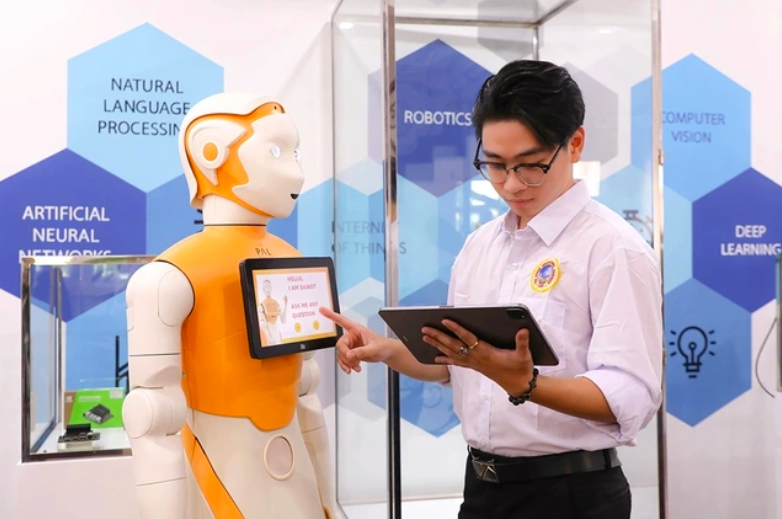
Artificial intelligence is growing strongly in Vietnam
Present at the workshop, Associate Professor Dr. Le Bo Linh, Institute for Law and Social Studies, former Deputy Secretary General of the National Assembly, Deputy Chairman of the National Assembly's Committee on Science, Technology and Environment, commented: "Building a clear and complete legal framework to handle legal responsibilities in the context of AI is extremely necessary but also very difficult. Vietnam needs to refer to the experiences of other countries to be able to build a suitable and unified legal system. The issue of ethics and integration in AI development also needs attention. There needs to be a set of clear and transparent ethical standards to ensure that this technology is developed and applied fairly and responsibly."
Can AI-generated products be protected by intellectual property?
According to Associate Professor Dr. Le Bo Linh, one of the first legal issues related to AI is intellectual property rights. In the process of developing AI, the creation of algorithms, models, and training data is very important. However, current regulations on intellectual property have not kept up with the development of technology.
"Specifically, determining who owns the copyright to products created by AI is quite complicated. If an AI creates a work of art or a software program, the question is whether the AI or the programmer who programmed the AI has ownership of this product? Current regulations may not be entirely suitable, leading to potential disputes in the future," Associate Professor, Dr. Linh said.
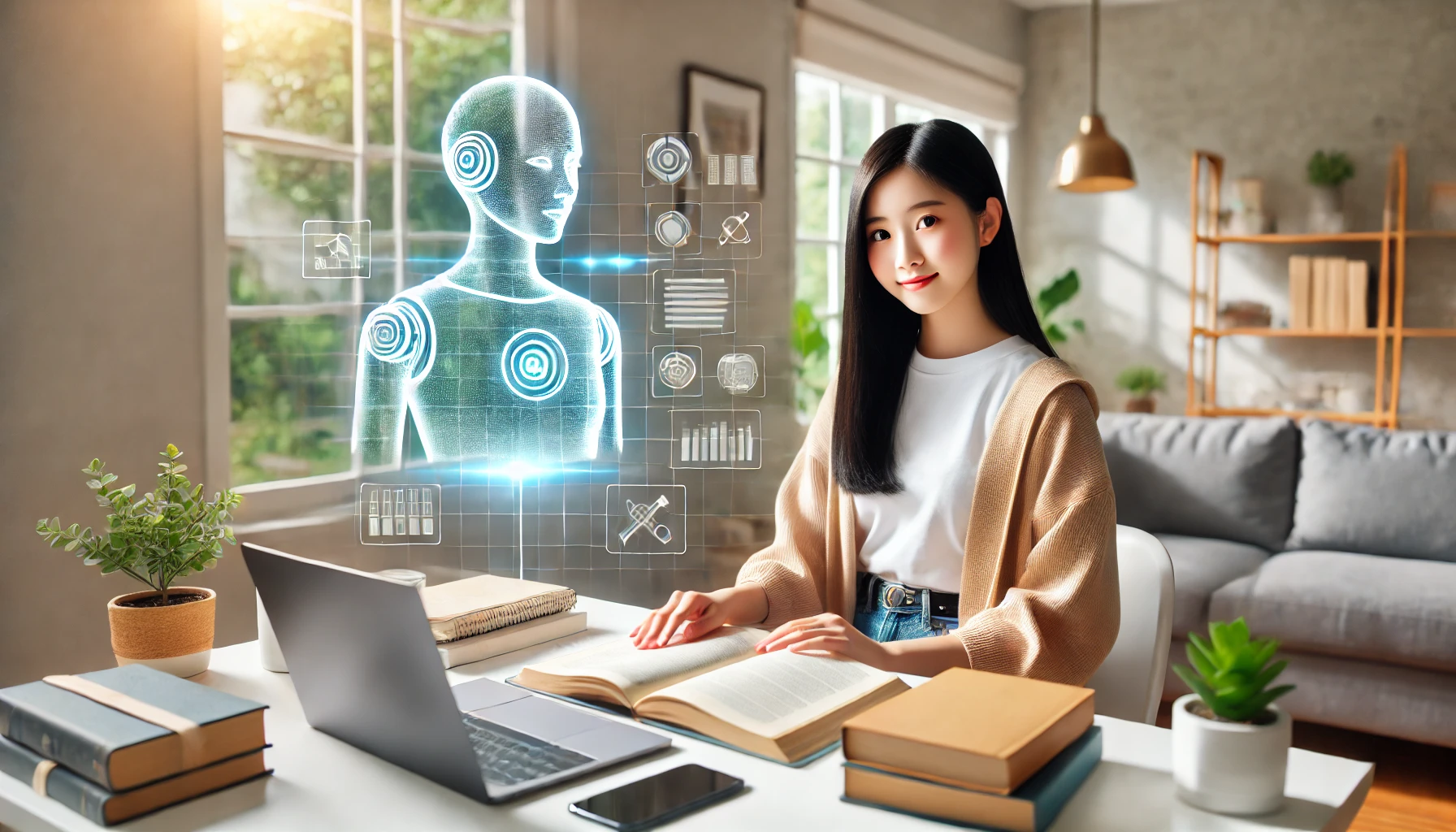
Students study with the help of artificial intelligence. Photo drawn by AI
Professor Hoang Van Kiem, Chairman of the Science and Training Council of Saigon International University, also said that one of the biggest legal challenges that AI brings is determining intellectual property rights for products or inventions created by AI.
"In Vietnam, the current intellectual property law system mainly protects products and creations made by humans. However, with the strong development of AI, there have been products and inventions created completely automatically by AI systems without direct human intervention. This raises a series of legal questions: Can AI-created products be protected by intellectual property like human-made inventions? If so, who will be the owner of this right, the AI developer, the company that owns the AI, or the AI system itself?", Prof. Dr. Hoang Van Kiem asked.

A song with user-generated lyrics, AI composing and performing. Do these products belong to the AI or the lyricist?
According to Mr. Kiem, this issue is also attracting great attention from organizations and countries around the world. The World Intellectual Property Organization (WIPO) is currently conducting research and discussing legal solutions to ensure that innovative products from AI are protected without losing the rights of technology developers. Some countries such as the UK and Japan have begun to propose adjusting intellectual property laws to adapt to the development of AI, although there is still no complete and consistent solution globally.
The university has many AI inventions.
According to a report from the National Office of Intellectual Property of Vietnam, from 2018 to 2023, more than 120 AI patents were granted in Vietnam in areas such as natural language processing, computer vision, and automation. These patents come from both research institutes, universities, and large technology companies in Vietnam, such as FPT Corporation, VinAI Research, or Ho Chi Minh City National University...
According to Professor Hoang Van Kiem, it is noteworthy that many AI inventions in Vietnam focus on applications in specific industries such as high-tech agriculture, healthcare, and financial services. "Universities in Vietnam have played a key role in AI research and development, through the implementation of a series of projects related to this technology. In the past 5 years, the number of AI research projects at leading universities such as Hanoi University of Science and Technology, Ho Chi Minh City National University, and Ho Chi Minh City University of Information Technology has increased significantly," said Mr. Kiem.
Specifically, these universities have established many specialized AI research centers and cooperated with international organizations to access the most advanced technologies. Projects such as developing AI diagnostic support systems, autonomous robots in production processes, or machine learning systems to analyze big data have created important breakthroughs.
"Strengthening AI research activities at universities not only helps improve the level of science and technology in the country but also helps train and develop high-quality human resources to serve Industry 4.0 in Vietnam," said Mr. Kiem.
Source: https://thanhnien.vn/quyen-so-huu-tri-tue-doi-voi-san-pham-do-ai-tao-ra-thuoc-ve-ai-185250104161211136.htm



![[Photo] Da Nang: Water gradually recedes, local authorities take advantage of the cleanup](https://vphoto.vietnam.vn/thumb/1200x675/vietnam/resource/IMAGE/2025/10/31/1761897188943_ndo_tr_2-jpg.webp)

![[Photo] Prime Minister Pham Minh Chinh attends the 5th National Press Awards Ceremony on preventing and combating corruption, waste and negativity](https://vphoto.vietnam.vn/thumb/1200x675/vietnam/resource/IMAGE/2025/10/31/1761881588160_dsc-8359-jpg.webp)


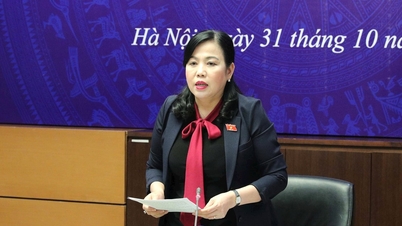

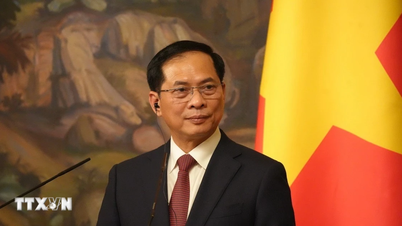


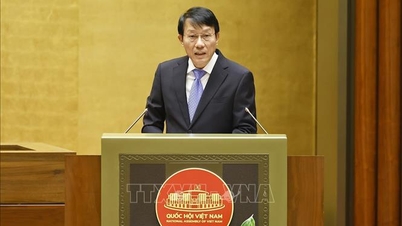

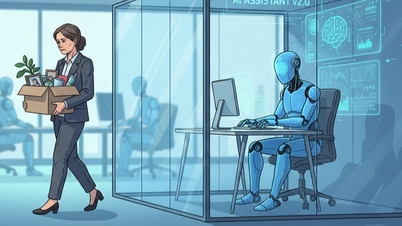

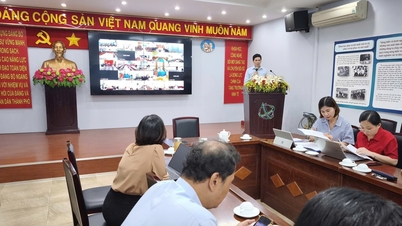

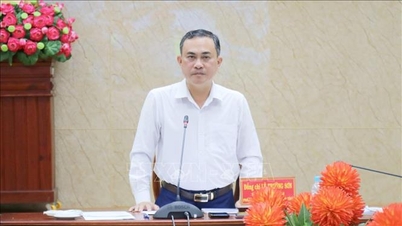

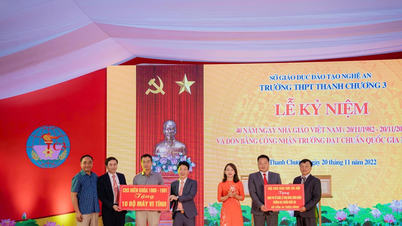

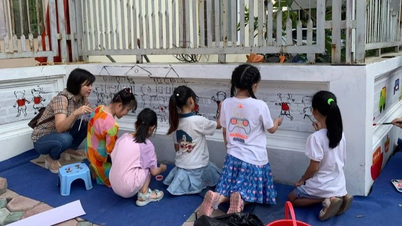









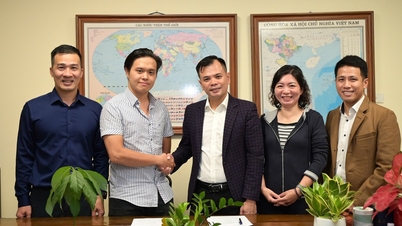

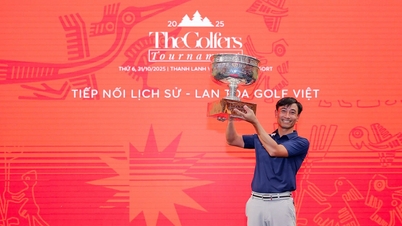
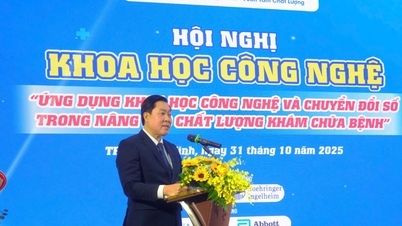
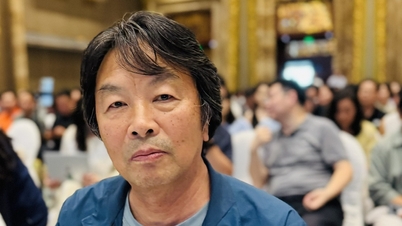






























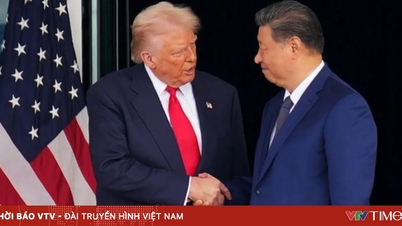


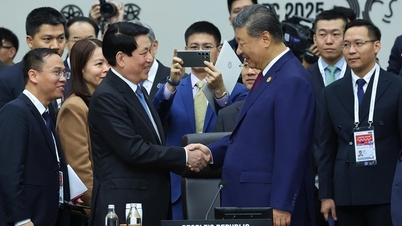
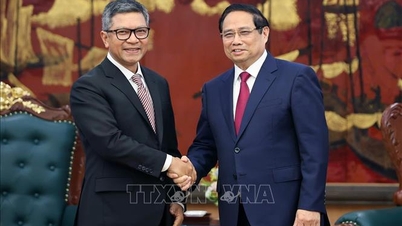






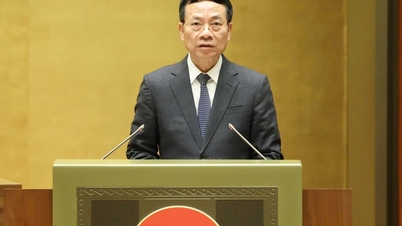
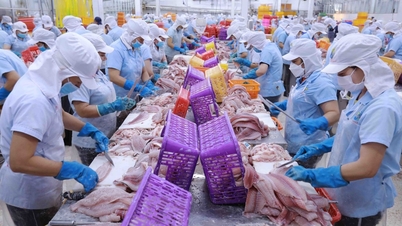
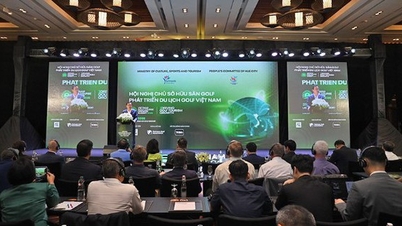


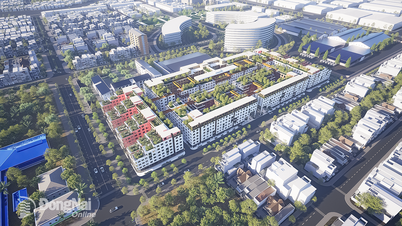


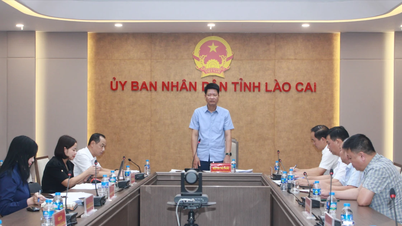

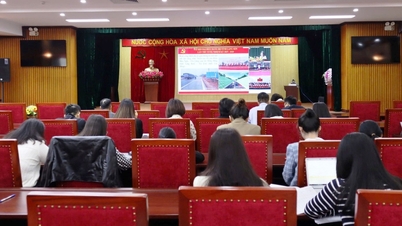
















Comment (0)